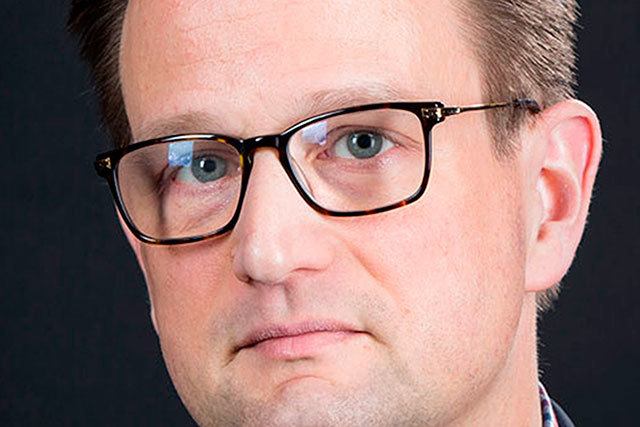If there was ever a case custom-made for the death penalty, it’s that of Dylann Roof, the self-described white supremacist who was convicted Thursday of 33 federal hate crimes counts for the senseless murders at a South Carolina church last year.
On one level, it’s only logical to want to stick a needle into the arm of Roof, who sat calmly among a group of parishioners at Emanuel African Methodist Episcopal Church in Charleston, S.C., before he indiscriminately sprayed gunfire that claimed the lives nine people, all of them black.
“Kill him. Get it over with,” one part of the brain argues, “some people are too dangerous to be allowed to live.”
But here we are, less than two weeks before Christmas, as Christians the world over get ready to celebrate the birth of a baby who, himself, would be executed at the hands of the state.
Jesus, as every Sunday School student is taught, forgave his executioners even as he underwent an excruciating death by crucifixion.
And so it’s tempting to ask ourselves, in the face of such an epic act of forgiveness two millennia ago, if we can extend similar mercy to Dylann Roof.
Not to let him walk, not that. Never that. Roof has to pay for his crimes. But at least to spare his life?
Do we descend to Roof’s level, it has to be asked, with his state-sanctioned murder? Or do we rise above it, and prove we’re better, by locking him away for the rest of his days, with no chance of parole, ensuring that his name will never be spoken again?
The surviving family of some of Roof’s victims, exhibiting extraordinary courage, have already forgiven him for the irreversible havoc he’s wreaked on their lives.
“I forgive you. You took something very precious away from me,” Nadine Collier, the daughter of victim Ethel Lance, told Roof, according to The Washington Post during a bond hearing last June. “I will never get to talk to her ever again. I will never be able to hold her again, but I forgive you, and have mercy on your soul. … You hurt me. You hurt a lot of people. If God forgives you, I forgive you.”
Their grace in the face of such tragedy is inspiring.
I’ve wrestled for years with the justness of capital punishment, with balancing society’s legitimate need for closure and retribution against the need for justice and fairness for the accused.
After seeing one too many cases get botched, either through clear prosecutorial misconduct or through substandard representation for the accused, I reached the conclusion that the death penalty, as it currently exists, is broken and probably won’t ever be fixed.
There’s too much racial and economic bias. And because sometimes it takes years and years for the truth to come out in capital cases. The wait is awful for all involved, both for the bereaved and for the inmate who knows himself or herself to be innocent.
In the case of Roof, of course, there’s no such ambiguity, there’s no question about his guilt, no doubt of the horrors he visited on so many innocents.
But still I wrestle with it.
Are we measurably better as a society if we execute someone instead of locking them away for life (on balance, it’s cheaper to do that latter than the former)?
What do we prove?
To claim that the death penalty is a deterrent is essentially useless. If that argument were true, murders would have stopped around the time of Cain’s famous sibling argument with Abel. And they have not.
Again, there’s no doubt that Dylann Roof is evil. He emptied all 11 rounds from his Glock .45 caliber pistol into the body of his oldest victim, 87-year-old Susie Jackson.
For that alone, he should be executed.
But maybe that’s too easy.
Maybe the cruelest and most just punishment for Dylann Roof is to leave him alive, to spend the rest of his life contemplating the enormity of his crimes, with no hope of ever walking free again.
If the surviving family of Roof’s victims can show him mercy, can the state, which acts on our collective behalf, do no less?
And in doing it, can we prove that we’re better than the hate he’d spread? That we can rise above the violence he employed?
I wrestle with it.
An award-winning political journalist, Micek is the Opinion Editor and Political Columnist for PennLive/The Patriot-News in Harrisburg, Pa. Readers may follow him on Twitter @ByJohnLMicek and email him at jmicek@pennlive.com.



